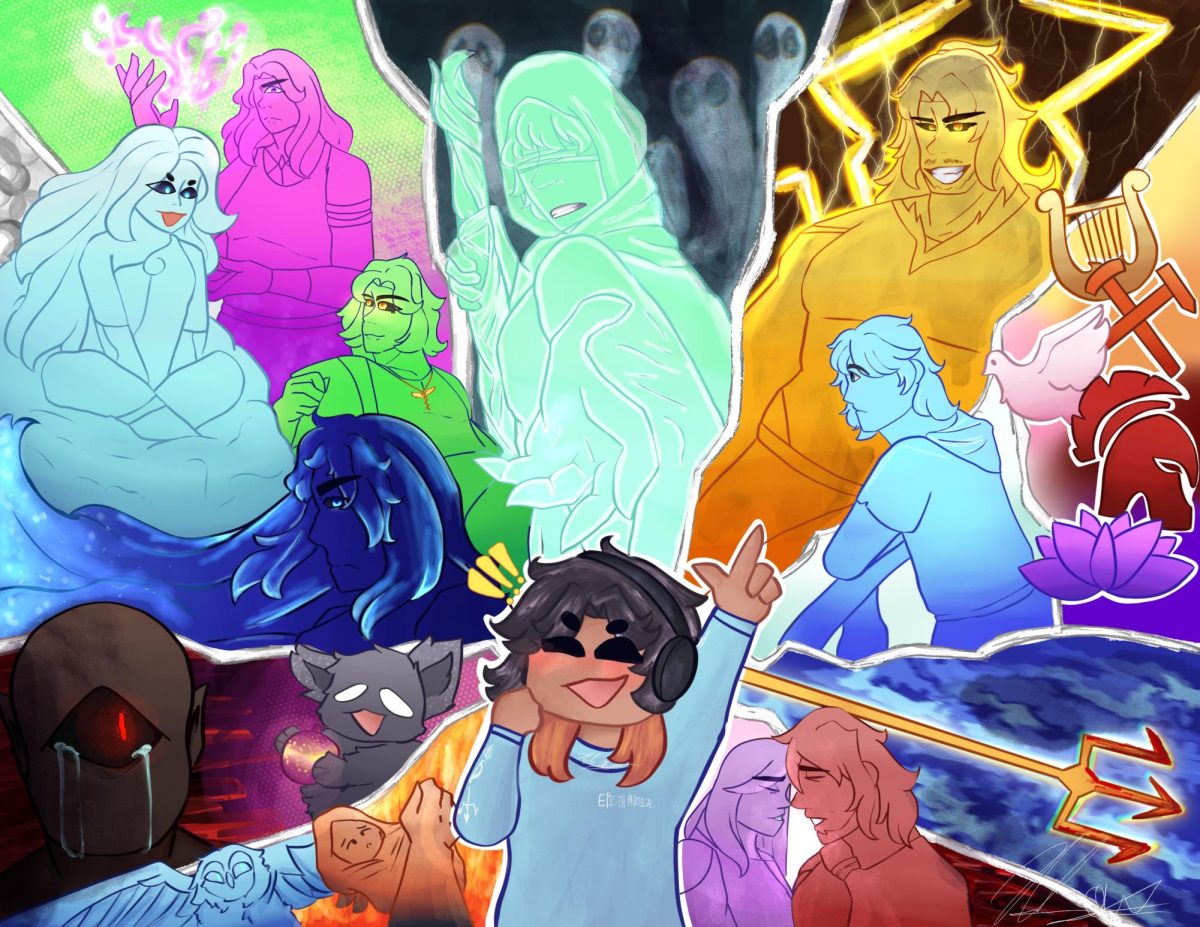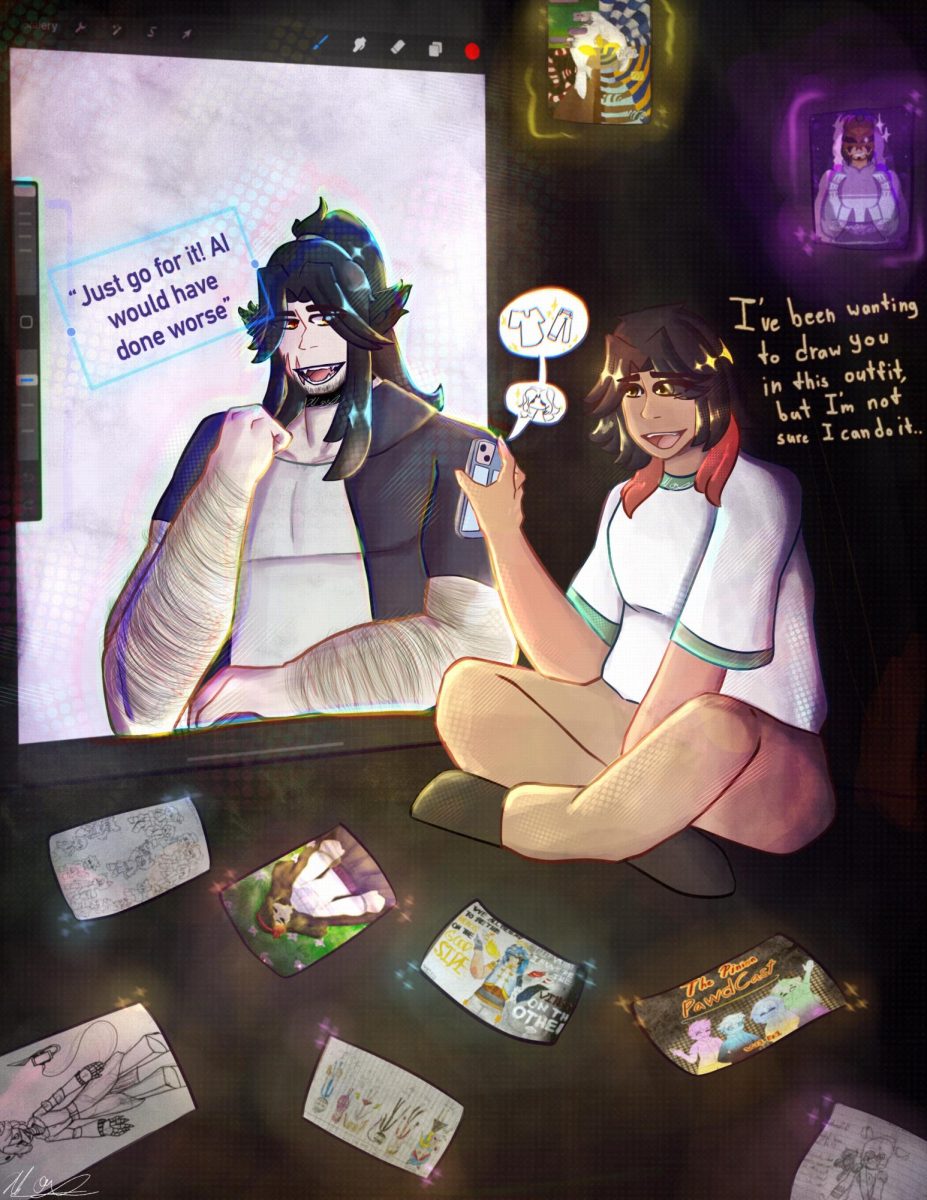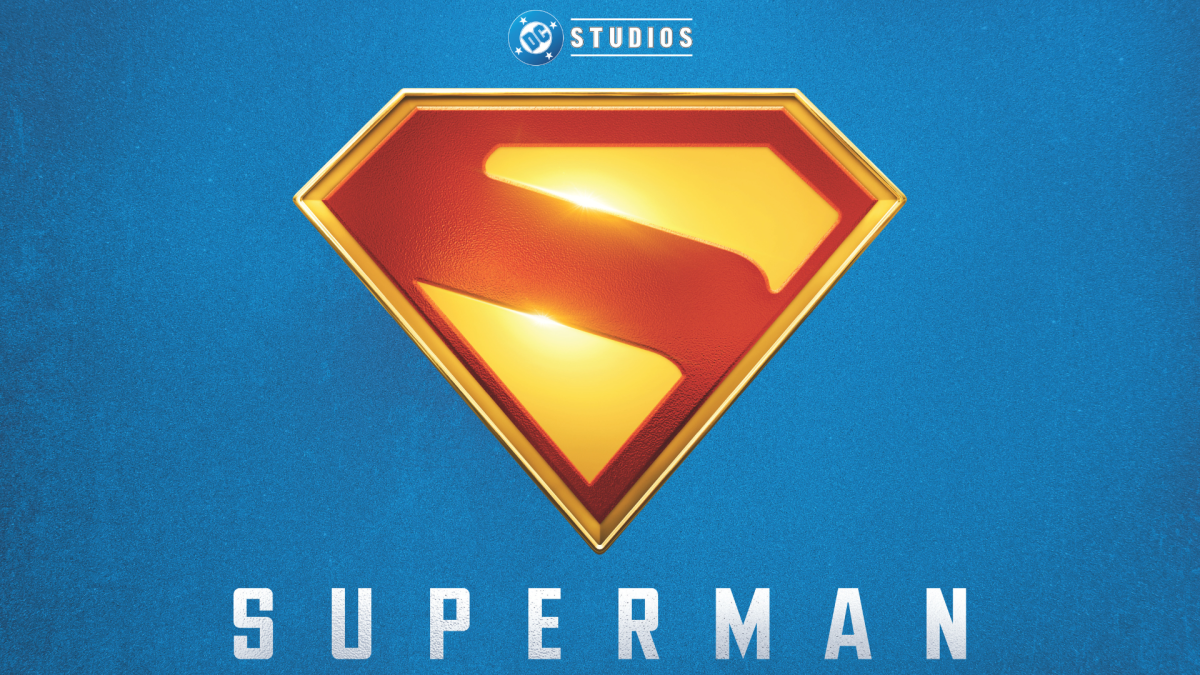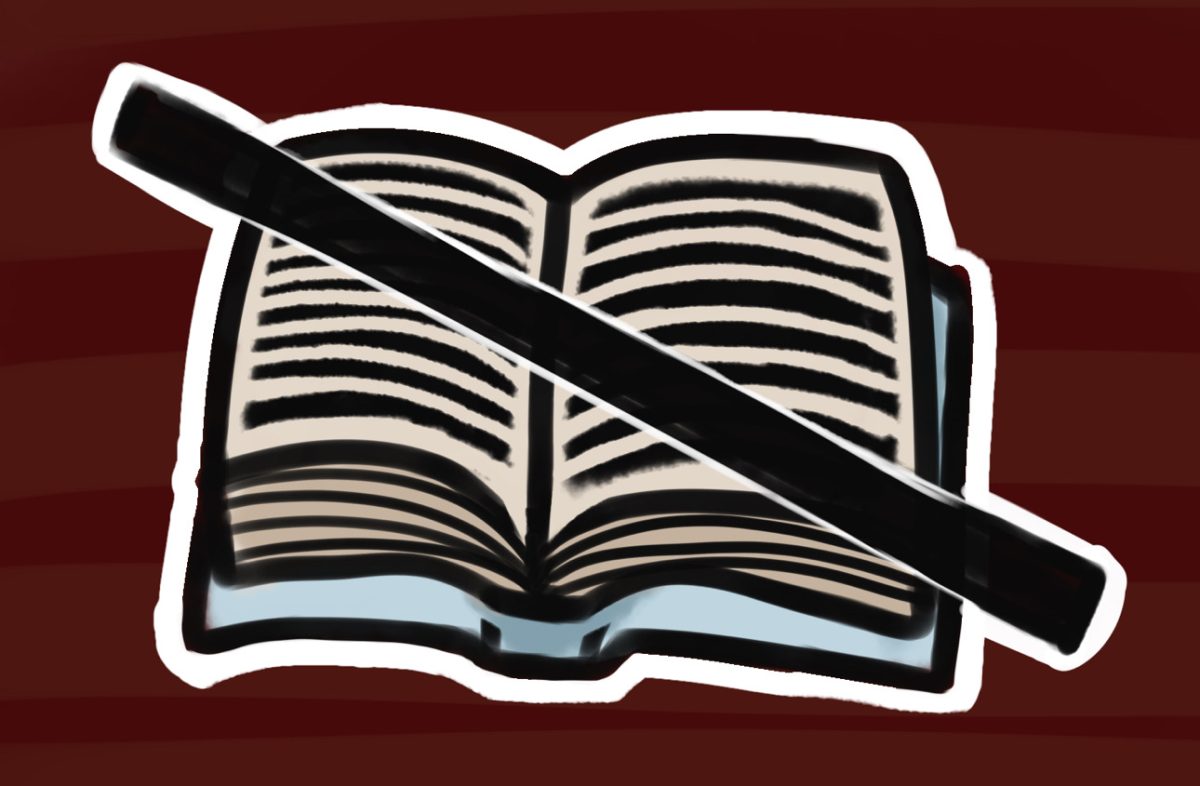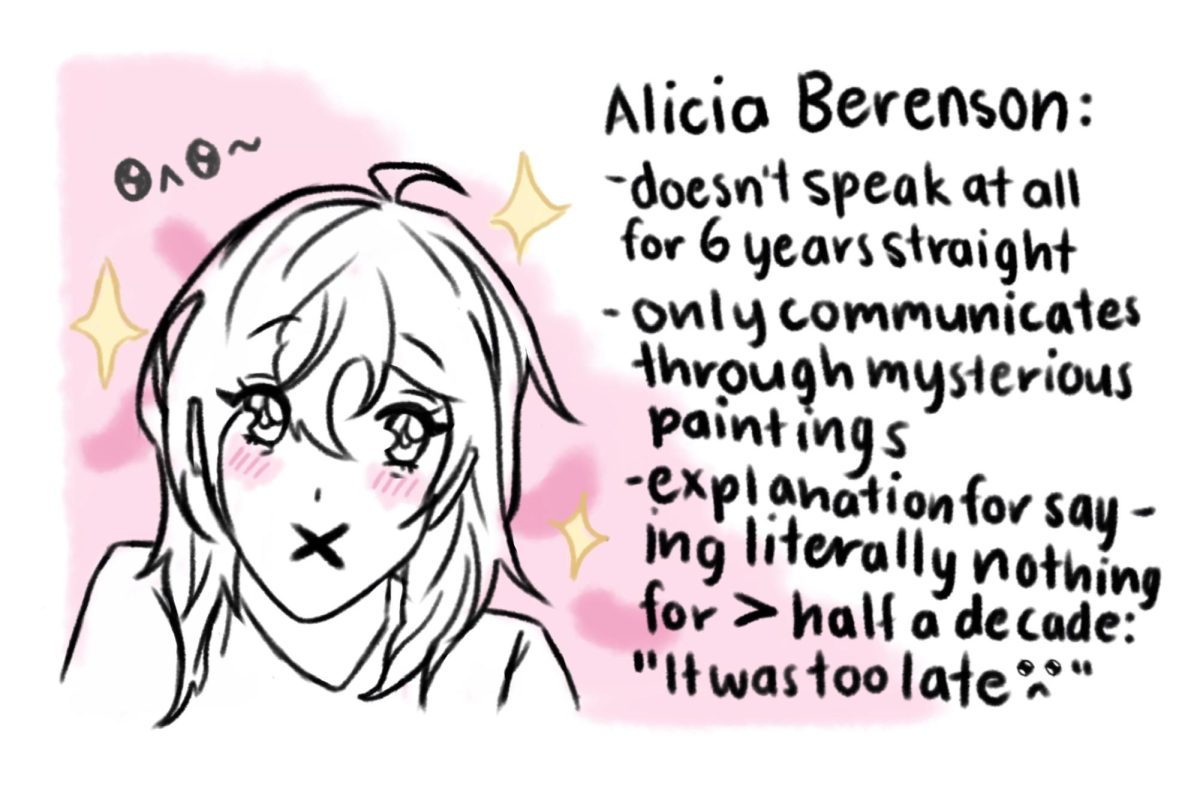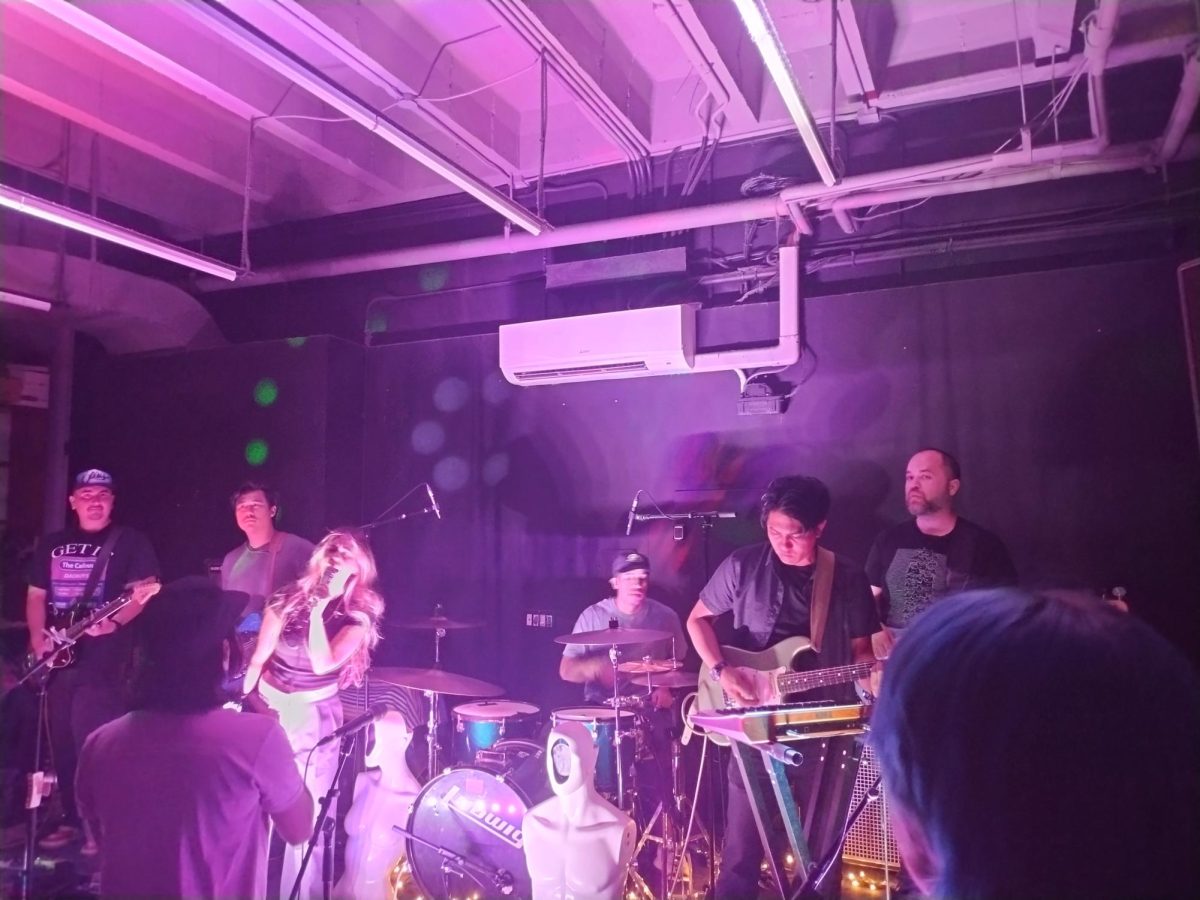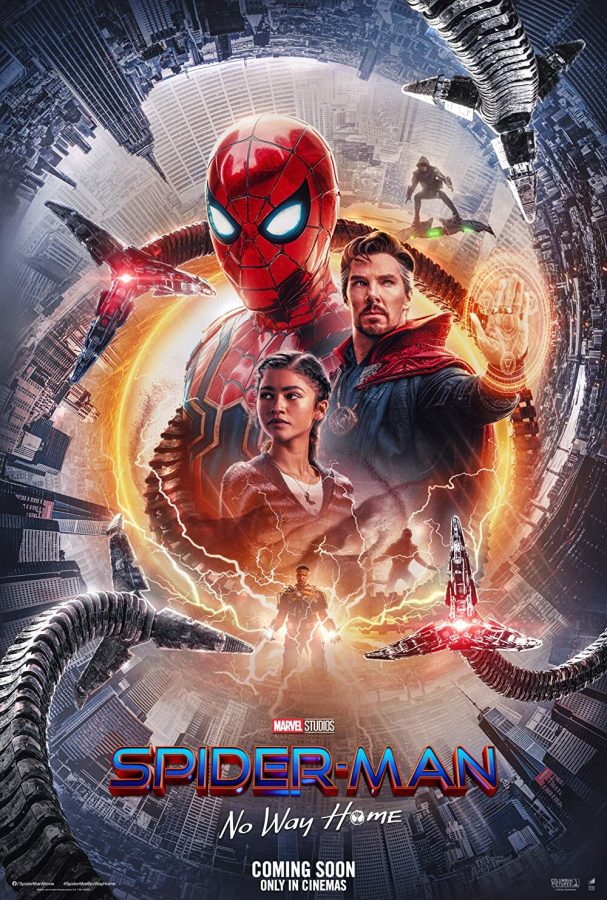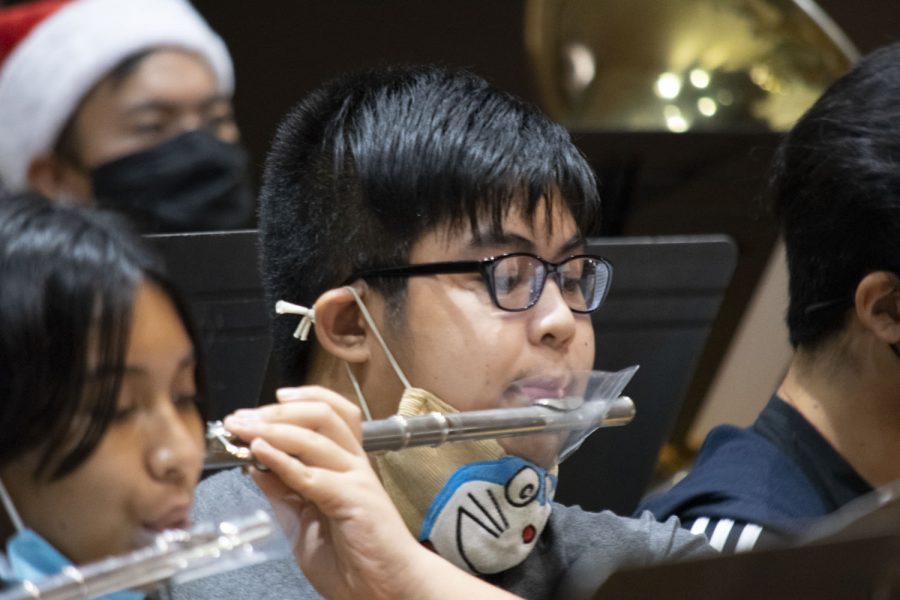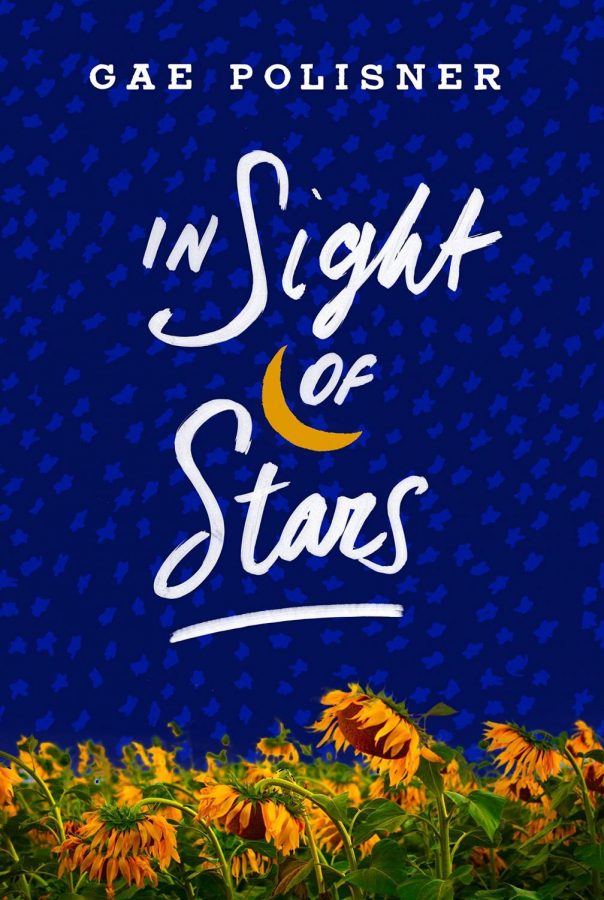2025 Hawaii High School Journalism Awards – Review – Third Place
Editor’s Note: Includes minor spoilers for “Epic: The Musical”
With “Wicked” being adapted into a movie, more people are being introduced to the art form of musicals and the long-winded dialogue with singing and music.
People wanting to get into musicals may be a bit intimidated by the many different musicals out there, not knowing where to start. While others may suggest classics such as “Hamilton,” “Heathers,” and “The Phantom of the Opera” but why not a different newer and up-and-coming musical? I would like to introduce the concept album, “Epic: The Musical.”
“Epic: The Musical” is based on Homer’s epic poem, “The Odyssey,”which follows the story of Odysseus’ journey home to Ithaca. It consists of nine sagas, each saga having three to five songs that go through major plot points of Odysseus’ story. The creator, Jorge Rivera-Herrans, released the “Troy Saga” on Dec. 25, 2022, with the last saga, the “Ithaca Saga,” being released on Dec. 25 exactly two years later.
You could listen to each song over and over and still find something new. Musical details hidden within the song provide an enjoyable listen. With the diverse cast of characters within “Epic,” each character has a musical instrument that represents them. For example, Odysseus’ instrument is a guitar, while his wife, Penelope, is the viola. This creates an interesting dynamic in songs such as “Suffering.” In this song Odysseus is singing a duet with his wife, but her instrument isn’t playing in the song. This gives the listeners a clue that it isn’t really her singing with him.
Another detail that makes the musical worth relistening to is the intricacy of each song seen through the motifs and choirs. One of my favorite early examples is the song “Warrior of the Mind.” The song is a duet between Odysseus and his patron goddess, Athena, as she reminds him who he is. When Athena sings the word “mind,” she sings it with a single straightforward note. Odysseus, on the other hand, harmonizes with her while adding his riff. Later in the song, Athena joins Odysseus in singing the riff, showing their connection with one another.
To accompany the songs “Epic” also have official drawings in the live streams on Rivera-Herrans youtube channel debuting each new saga. Rivera-Herrans’ is known to commission artists to make animations or animatics [animated storyboards] for certain parts of a song, and in the drawings, the characters look like the people they are voicing. A favorite early animatic of mine is “Open Arms” by El_crafts depicting Odysseus with one of his men, Polites, interacting with the lotus-eaters. When Odysseus is drawn, he looks like Rivera-Herrans and the same for Polites, who look like his singer, Steven Dookie.
Besides the amazing songs, the community is filled with with the animatics made to each song, cosplays, edits [the process of manipulating video clips, photos and visual affects to an audio] and discussions that are just amazing. It brought artists, Greek mythology fans, music lovers and people from other communities together. The best example I’ve seen of this happening is edits using the final song “Would You Fall In Love with Me Again.” People with different interests and fandoms play this song over two lovers from their favorite show/book/movie changing over time but still loving who they are, and this song alone got people into Epic: The Musical.
While you can listen to the album by itself, I recommend listening to the musical with the official live stream on Rivera-Herran’s youtube channel which is his full name, on a first listen. That way you can see all the animations/art created to go with each song, while also getting a better understanding of what’s going on in each song. Then check out animations created by different artists to see their interpretation of the various songs.
As it tops the charts of Apple Music each time a saga is released and with over 2.9 million monthly listeners on Spotify, it’s clear that “Epic: The Musical” left a mark in people’s hearts.




